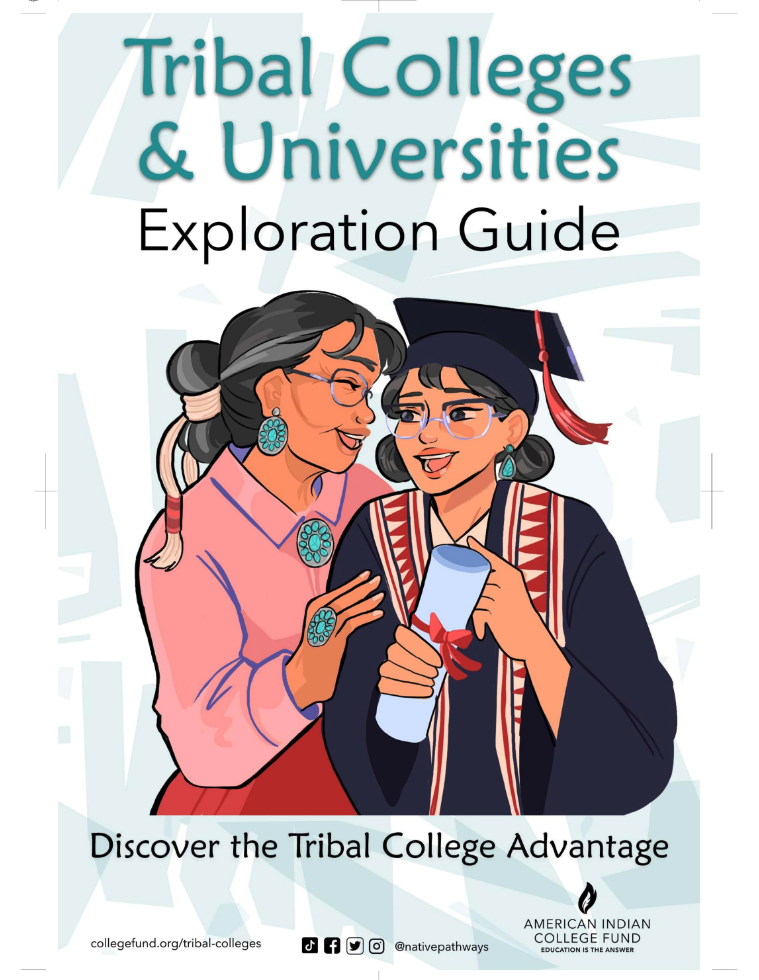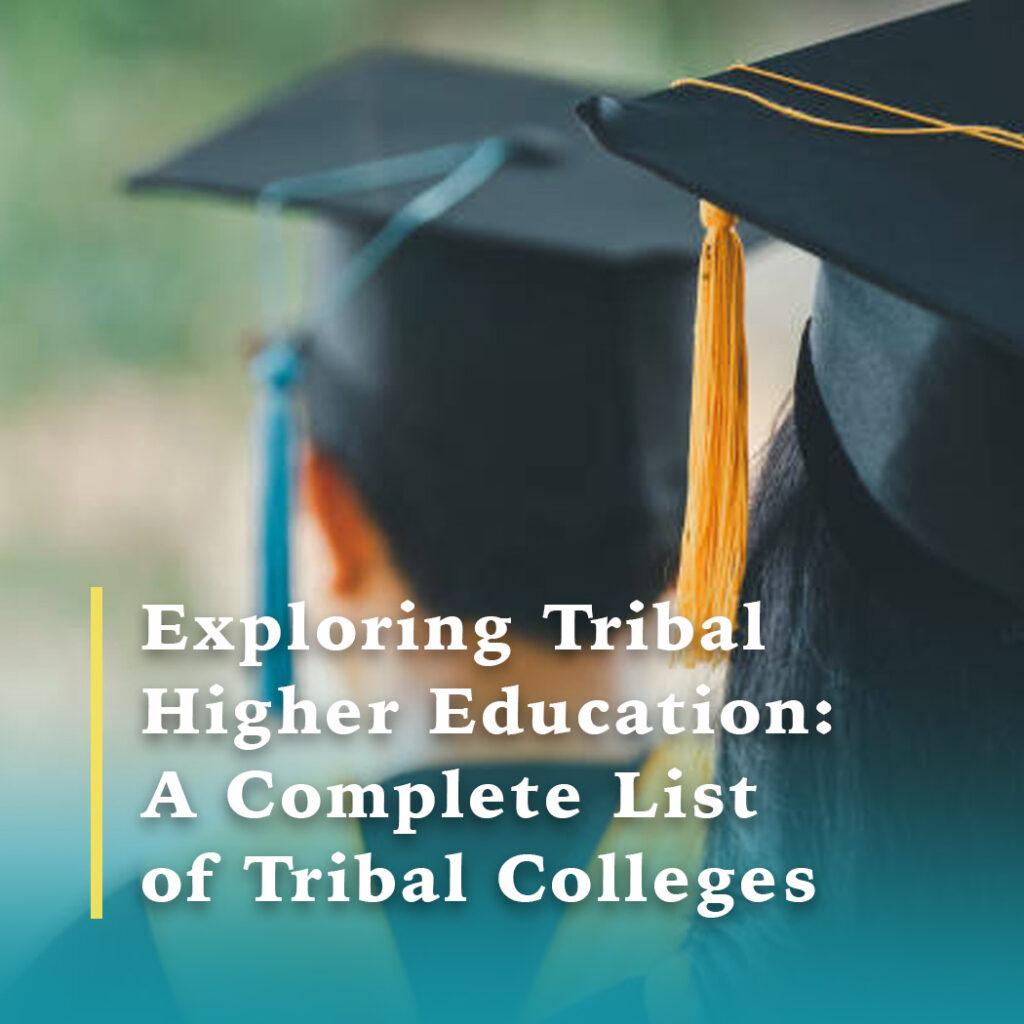
Decolonizing the Academy: How Tribal College Curricula Forge a New Path for Higher Education
In the sprawling landscape of American higher education, a quiet revolution is underway, one that seeks to reclaim, revitalize, and redefine the very purpose of learning. At its heart are the 35 accredited Tribal Colleges and Universities (TCUs), institutions born from the self-determination movement of the late 20th century, which are now leading the charge in decolonizing higher education curricula. Far from merely replicating mainstream academic models, TCUs are intentionally crafting educational experiences deeply rooted in Indigenous knowledge systems, languages, cultures, and sovereign aspirations, offering a powerful antidote to centuries of cultural erasure and academic marginalization.
For generations, Western educational institutions, from boarding schools to state universities, have largely functioned as tools of assimilation, often presenting Indigenous histories as footnotes, languages as relics, and knowledge systems as primitive or irrelevant. This colonial legacy has left a profound impact, contributing to a sense of alienation among Native students and perpetuating a narrow, Eurocentric view of intelligence and progress. The mission of TCUs, however, is to dismantle this legacy, transforming the academy into a space where Indigenous ways of knowing are not just acknowledged but celebrated, centered, and integrated into every aspect of learning.
Reclaiming Knowledge: The Core of Decolonization
Decolonization in the context of TCU curricula is not simply about adding a Native American Studies department or a single course on tribal history. It is a profound paradigm shift that challenges the very epistemology of Western education. It asks: Whose knowledge is valued? Who defines what is legitimate scholarship? And how can education serve the self-determination and well-being of Indigenous communities?
At its essence, decolonizing the curriculum means embedding Indigenous knowledge systems (IKS) into the core of all academic disciplines. This often manifests in several critical ways:

-
Language Revitalization: Perhaps the most potent act of decolonization, many TCUs prioritize the teaching and revitalization of Native languages. Languages are not merely communication tools; they are carriers of culture, philosophy, and unique worldviews. At Diné College, the first TCU founded in 1968, the Navajo language is not just a subject but often a medium of instruction, ensuring its continued use and evolution. Students learn the intricate grammar and rich vocabulary, but also the stories, songs, and ceremonies embedded within the language, connecting them directly to their heritage. This stands in stark contrast to the historical suppression of Native languages in government-run schools, where children were often punished for speaking their mother tongue.
-
History Reclaimed and Recontextualized: Mainstream history often begins with European arrival, framing Indigenous peoples as static, vanishing, or obstacles to progress. TCU curricula challenge this narrative, presenting Indigenous histories from an Indigenous perspective – centuries of vibrant cultures, complex political systems, sophisticated ecological management, and resilience in the face of colonization. Courses delve into specific tribal histories, treaties, sovereignty movements, and the ongoing struggles for justice, providing students with a comprehensive and accurate understanding of their past and present. This critical reframing empowers students with a sense of identity and agency, transforming history from a story of victimhood into a testament of endurance and strength.
-
Integrating Traditional Ecological Knowledge (TEK): In disciplines like environmental science, agriculture, and natural resource management, TCUs seamlessly weave in TEK. Unlike Western science, which often separates humans from nature, TEK emphasizes interconnectedness, reciprocal relationships, and a deep understanding of local ecosystems built over millennia. For instance, Salish Kootenai College in Montana offers programs that integrate Flathead tribal perspectives on natural resource management, teaching sustainable practices that have sustained their communities for generations. This "Two-Eyed Seeing" approach, a concept articulated by Mi’kmaq Elder Albert Marshall, encourages students to learn from the strengths of both Indigenous and Western knowledge systems, fostering a more holistic and effective approach to global challenges like climate change and biodiversity loss.

-
Community-Based and Land-Based Learning: TCU curricula are inherently community-driven, designed to address the specific needs and aspirations of the tribal nations they serve. Education is not an abstract pursuit but a tool for tribal nation-building. This often involves land-based learning, taking students out of classrooms and onto ancestral lands, where they learn directly from elders, traditional practitioners, and the environment itself. This experiential learning connects academic concepts to real-world applications and cultural practices, reinforcing the relevance of their education to their communities’ futures.
Beyond the Classroom: The Broader Impact
The impact of decolonized curricula at TCUs extends far beyond the academic content itself. It creates an environment where Indigenous students feel a profound sense of belonging, cultural affirmation, and intellectual empowerment. In institutions where their identities are central, rather than peripheral, students thrive.
Dr. Cheryl Crazy Bull (Sicangu Lakota), President and CEO of the American Indian College Fund, eloquently states, "Tribal Colleges are places where students can be unapologetically Native. They can learn their language, history, and culture, and connect with their communities in ways that are often not possible in mainstream institutions." This sense of cultural safety and affirmation is crucial for academic success and the development of strong, culturally grounded leaders.
Furthermore, TCUs are actively challenging the notion that Indigenous knowledge is merely "cultural" or "spiritual" but not "academic." By developing rigorous, accredited programs that integrate IKS, they are demonstrating its intellectual depth and practical applicability. For example, some TCUs are developing Indigenous law programs that teach tribal legal systems alongside federal and state law, preparing students to work within complex jurisdictional frameworks and advocate for tribal sovereignty. Others are exploring Indigenous entrepreneurship, blending traditional economic practices with modern business models to foster sustainable tribal economies.
Challenges and the Path Forward
Despite their transformative mission, TCUs face significant challenges. Chronic underfunding compared to mainstream institutions remains a major hurdle. While TCUs received land-grant status in 1994, akin to the Morrill Act of 1862 which established land-grant universities, the funding disparities persist, hindering their ability to expand programs, recruit top faculty, and maintain state-of-the-art facilities.
Another challenge lies in accreditation and the continuous navigation between Western academic standards and Indigenous pedagogical approaches. TCUs must demonstrate academic rigor within a framework often designed without Indigenous knowledge systems in mind. This requires constant innovation and advocacy to ensure that their unique curricula are recognized and valued.
However, these challenges also present opportunities. The growing global recognition of the value of Indigenous knowledge – particularly in areas like environmental stewardship, health, and social justice – positions TCUs as vital innovators. They are not just preserving the past; they are shaping the future of higher education by demonstrating alternative, holistic, and community-centered models of learning that could benefit all of society.
Conclusion
The movement to decolonize curricula within Native American Tribal Colleges and Universities represents a critical frontier in higher education. It is an act of intellectual and cultural sovereignty, reclaiming educational spaces as sites of Indigenous resurgence. By centering Indigenous languages, histories, knowledge systems, and community aspirations, TCUs are not only empowering their students but also offering a powerful model for how education can be truly transformative – not just for individuals, but for entire nations. As these institutions continue to grow and evolve, they stand as beacons of cultural resilience, demonstrating that true academic excellence lies in the embrace of diverse ways of knowing, and that a decolonized education is, ultimately, a more complete and just education for all.


